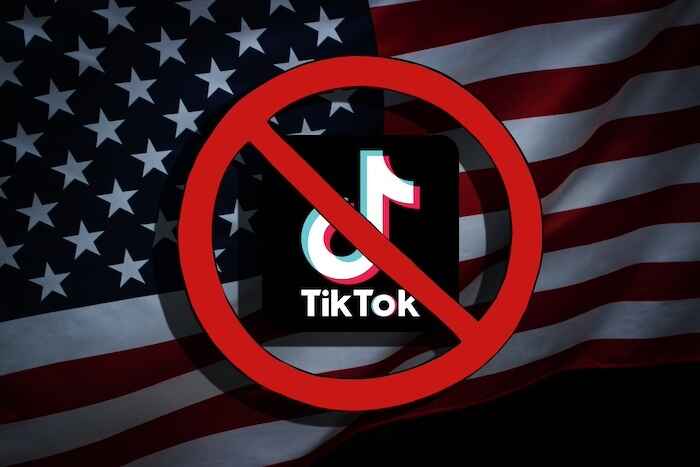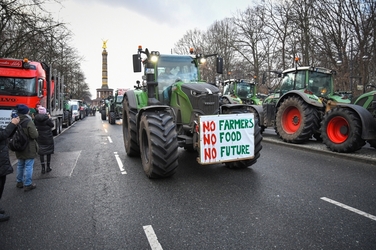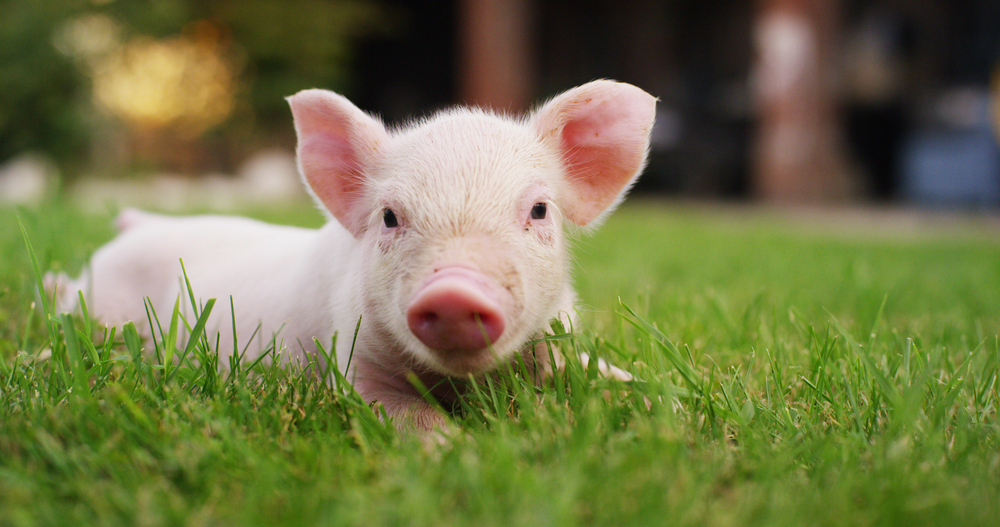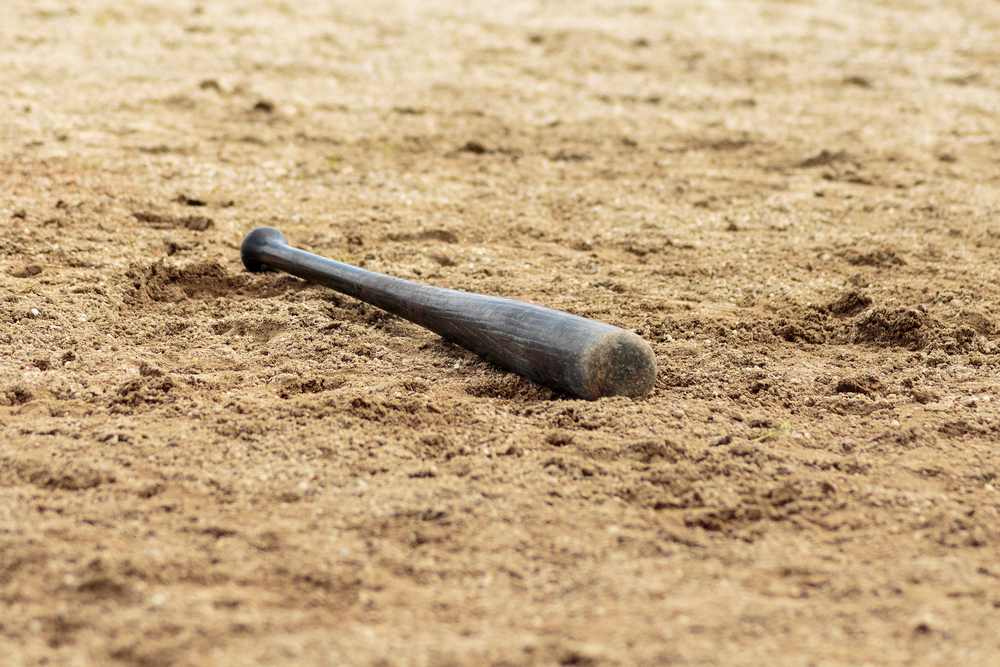Let Hunger Drive You
Joel Salatin|February 22, 2022

Note From Amanda: Joel’s message today is simple… and critical. It’s the perfect follow-up to Andy’s essay last week on why he works so hard on his farm…. And it’s the answer to so much of what ails our country. But as is often the case with the truth… it’s bound to offend. Check it out below, and share your thoughts at mailbag@manwardpress.com.
Hunger makes me creative. It makes me work hard.
In Rudyard Kipling’s tales, the mongoose always had a better chance of catching the king cobra when he was hungry. It made him quicker.
I learned this during my years of intercollegiate debate. I began fasting prior to tournaments and found that my mental acuity heightened. I like to think I became a bit more like the mongoose. I didn’t sit down and contemplate fasting. I just began skipping meals as I prepared for the tournament.
I found that my success depended a lot more on preparation than on eating.
My response to folks who ask me how we were able to be so innovative in our farming is that we were hungry. We didn’t have Swiss bank accounts. When I jumped to the farm full time on September 24, 1982, I gave up the town job and put all my eggs in the farm basket.
Those early years were lean, but that hunger – without a safety net to solve it for us – made us extremely creative. We couldn’t borrow more money, buy more inputs or build more infrastructure.
To get lumber, we tore down tumble-down barns for neighbors in the area. To get sustenance, we grew our own food and milked our own cows. To stay warm in the winter, we cut our own wood and built our own fires.
Hunger drives you to resourcefulness.
I’m reminded of a group of thieves who were caught in the act of stealing milk from a truck. When a passerby who called 911 was asked why he became suspicious, he responded, “You never see normal people work that fast.”
Normal people today are coddled. We expect coddling. If something offends us, we think it should be canceled. If we’re alive, we think we have a right to food, healthcare, a job and even a college education. Coddled people lose creativity and become more parasitic on society.
Hunger spurs competition.
Guarantees thwart first-class effort. Do I want people to starve to death? Of course not. But we’d have a much better culture if it were possible for people to starve to death. To say such a thing sounds politically incorrect and even uncharitable, but even Jesus did not feed everyone – and He could have.
Every day the gazelle wakes up and hopes he can run one step faster than the lion. Every day the lion wakes up and hopes he can run one step faster than the gazelle. That reality keeps both animals on the sharp edge of their ability. Lock them up in a cage and guarantee them plenty… and they’ll get fat, lazy and far less contemplative.
Hunger demands contemplation.
How are you going to eat? How are you going to get out of this fix? Cleverness and contemplation both grow out of hunger. Not just physical hunger for food but also hunger for better conditions.
Hunger for liberty drove our Founding Fathers to risk the hangman’s noose for the freedom to chart a different course.
Who is hungry enough today to need to work? To need to think about real things like liberty, law and life?
Our supply chain disruptions are largely the result of people who think it’s the government’s responsibility to eliminate hunger and in turn these overfed people’s right to demand ever more desserts at the public trough.
Meanwhile, those of us who still believe that eating should come only after working become less and less able to keep up with the taxes and policy shenanigans necessary to offer everyone an entitlement cage.
What could possibly be fair about a person enjoying food and fashion when they will not work to procure those things? Someone who instead takes the handout in the entitlement cage, thinking he’s free, that he’s found the good life, only to be trapped in the most uncreative, unfulfilling life imaginable?
Drugs, sex, video games, crime and dysfunctional fantasies find more opportunity to provide an illusion of meaning in such a meaningless existence. Many of these allurements could be kept at bay by a growling stomach and a search for authentic sustenance.
Hunger sharpens the wits and shapes meaning in life.
When I hear pundits say, “Everyone has a right to food,” I want to counter with a much more healthy, realistic response that honors hunger as the ultimate force when it comes to unlocking what is best and most creative in the human spirit.
That might not win elections, but truth seldom runs for office.
Almost every business is desperate for workers. Supply chain glitches worsen by the day. News stories about the “Great Resignation” indicate a transformational view of work.
I work 70 or 80 hours a week because I love it – and because I’m hungry.
Imagine what our nation could do if we promoted work as much as we promote nonwork.
All we have to do is reduce the safety net and let folks get hungry.
It might save us from ourselves.

Joel Salatin
Joel Salatin calls himself a Christian libertarian environmentalist capitalist lunatic farmer. Others who like him call him the most famous farmer in the world, the high priest of the pasture, and the most eclectic thinker from Virginia since Thomas Jefferson. Those who don’t like him call him a bioterrorist, Typhoid Mary, a charlatan, and a starvation advocate. With a room full of debate trophies from high school and college days, 12 published books, and a thriving multigenerational family farm, he draws on a lifetime of food, farming and fantasy to entertain and inspire audiences around the world.





